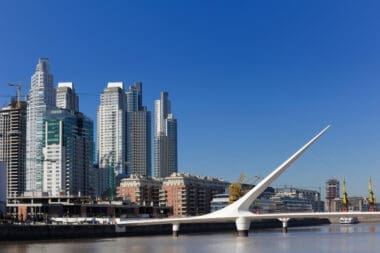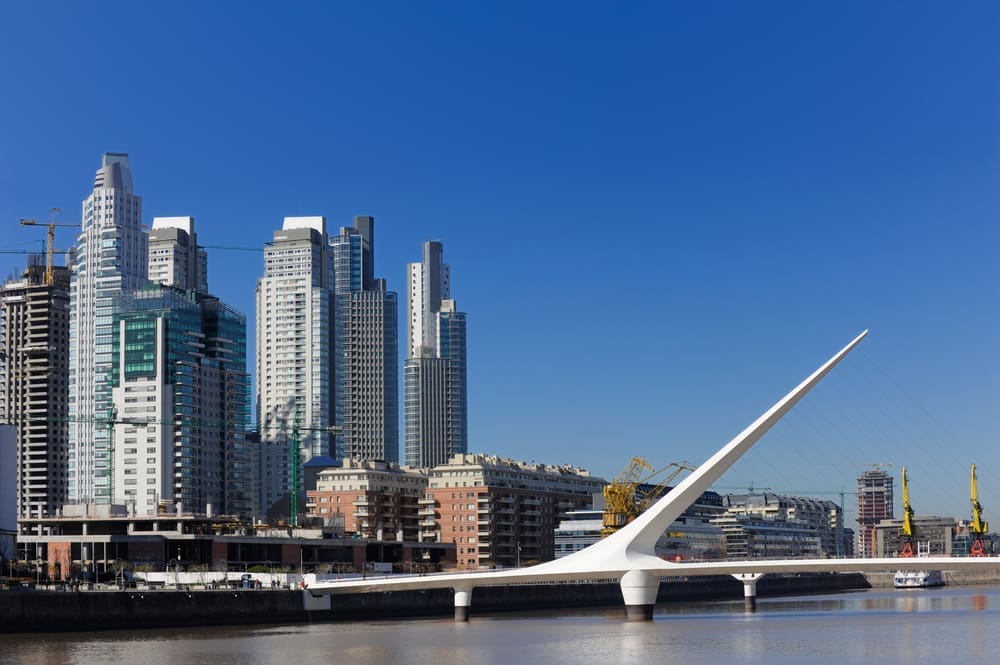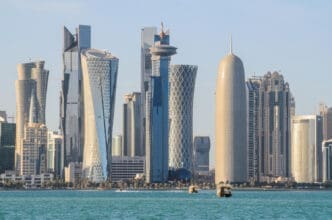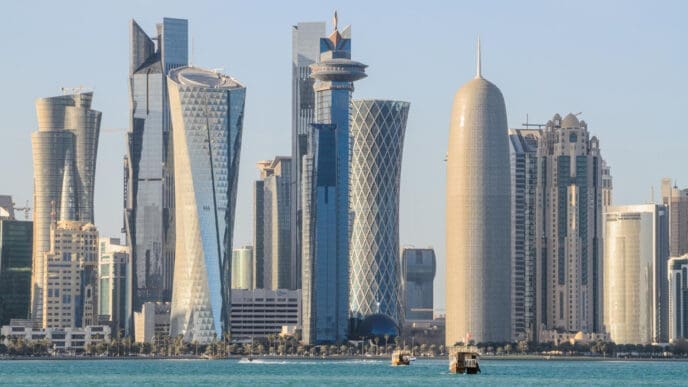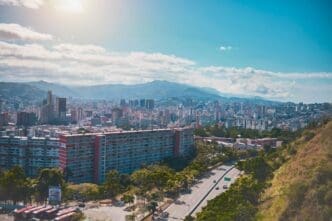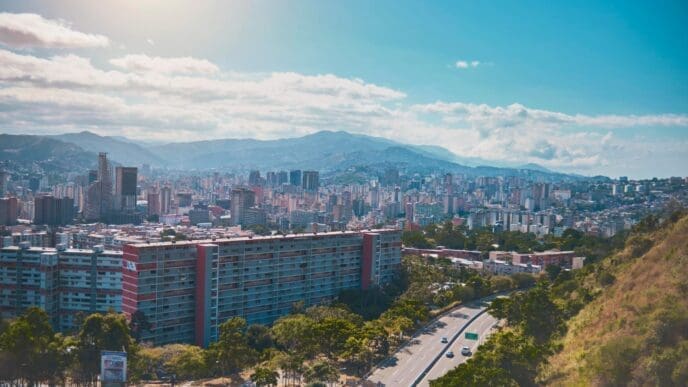Jorge Mario Bergoglio, known globally as Pope Francis, passed away recently, leaving a complex legacy in his homeland of Argentina. Since becoming the first Latin American pope in 2013, he never returned to Argentina, a decision that puzzled and disappointed many of his compatriots. Despite his deep roots in Argentine culture, including a love for soccer and tango, he chose to avoid the country, influenced by its polarizing political landscape.
Many Argentines felt proud when Francis ascended to the papacy, celebrating with fervor akin to the nation’s World Cup victories. However, his popularity waned over the years, with recent surveys indicating a significant decline in approval. This sentiment was shared by some who felt he led the church away from traditional values, while others viewed him as a beacon of humility and service, particularly in the impoverished neighborhoods of Buenos Aires where he was known as the “slum bishop.”
The pope’s avoidance of Argentina was partly due to tense relationships with its political leaders, including an ideological clash with current far-right President Javier Milei. The pope’s support for social justice often put him at odds with leaders who favored austerity measures, earning him the label of the “Peronist pope” from critics who were unsettled by his critiques of capitalism.
Francis’ political views were under constant scrutiny, especially during encounters with leaders such as former President Mauricio Macri and President Milei, who criticized him harshly. The pope’s relationship with Argentine politics dates back to his time as the Archbishop of Buenos Aires, where he often found himself at odds with the Kirchners’ populist policies. Despite these challenges, he found common ground with some aspects of the Kirchners’ social welfare efforts.
Although Francis did not visit Argentina during his papacy, he planned a visit, which never materialized. His absence was felt deeply by those who remembered him fondly from his days as Archbishop. However, his global papal duties perhaps took precedence over a return to his homeland.
In the eyes of many in Argentina, Pope Francis remains a complex figure. While some felt slighted by his absence, others cherished his contributions, particularly in the poorest areas, where his legacy as a “pope of the people” continues to inspire. Throughout his papacy, he sought to foster a church centered on humility and service, leaving a lasting impact both in Argentina and around the world.

